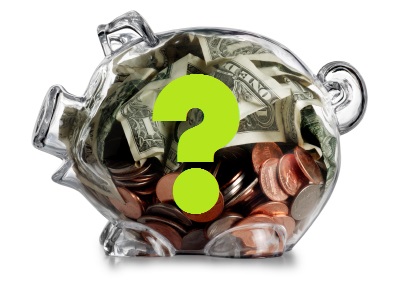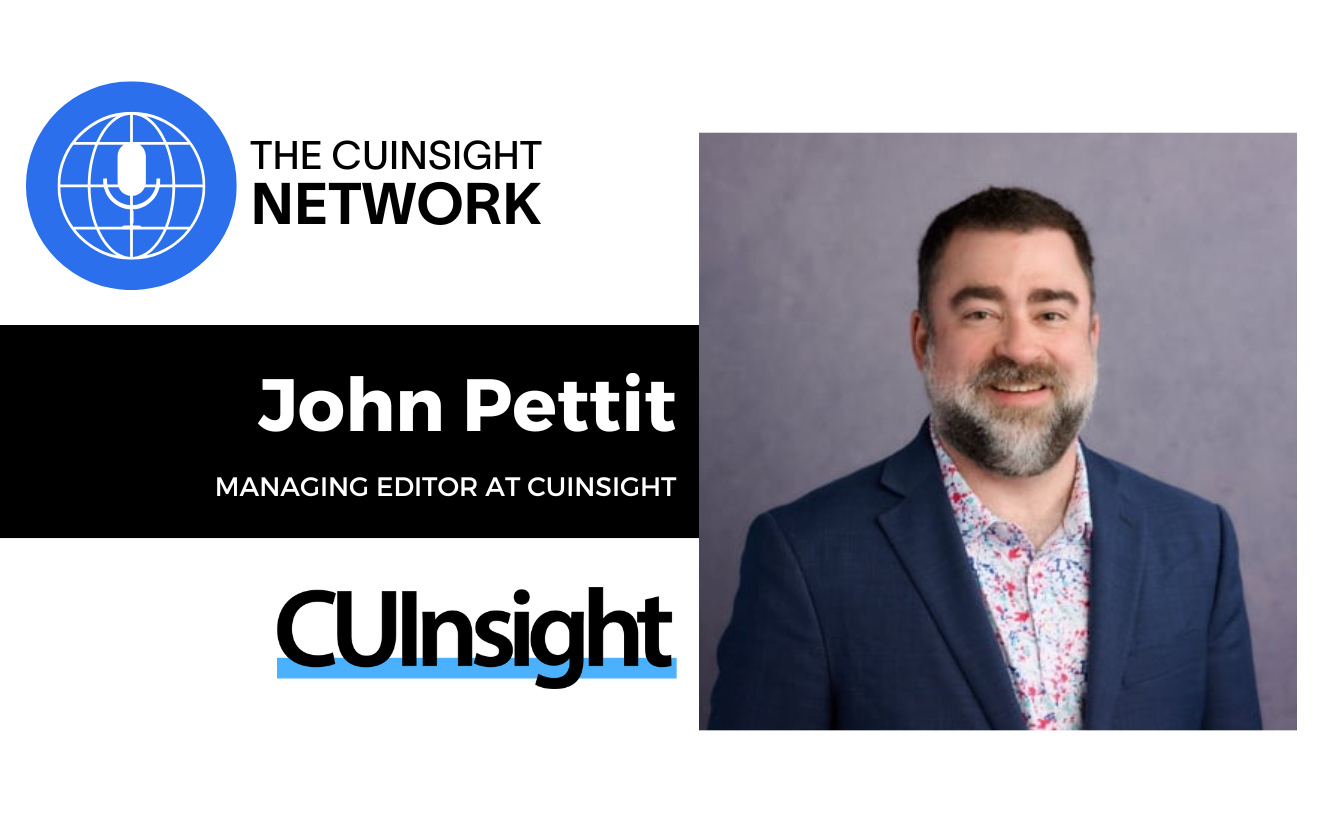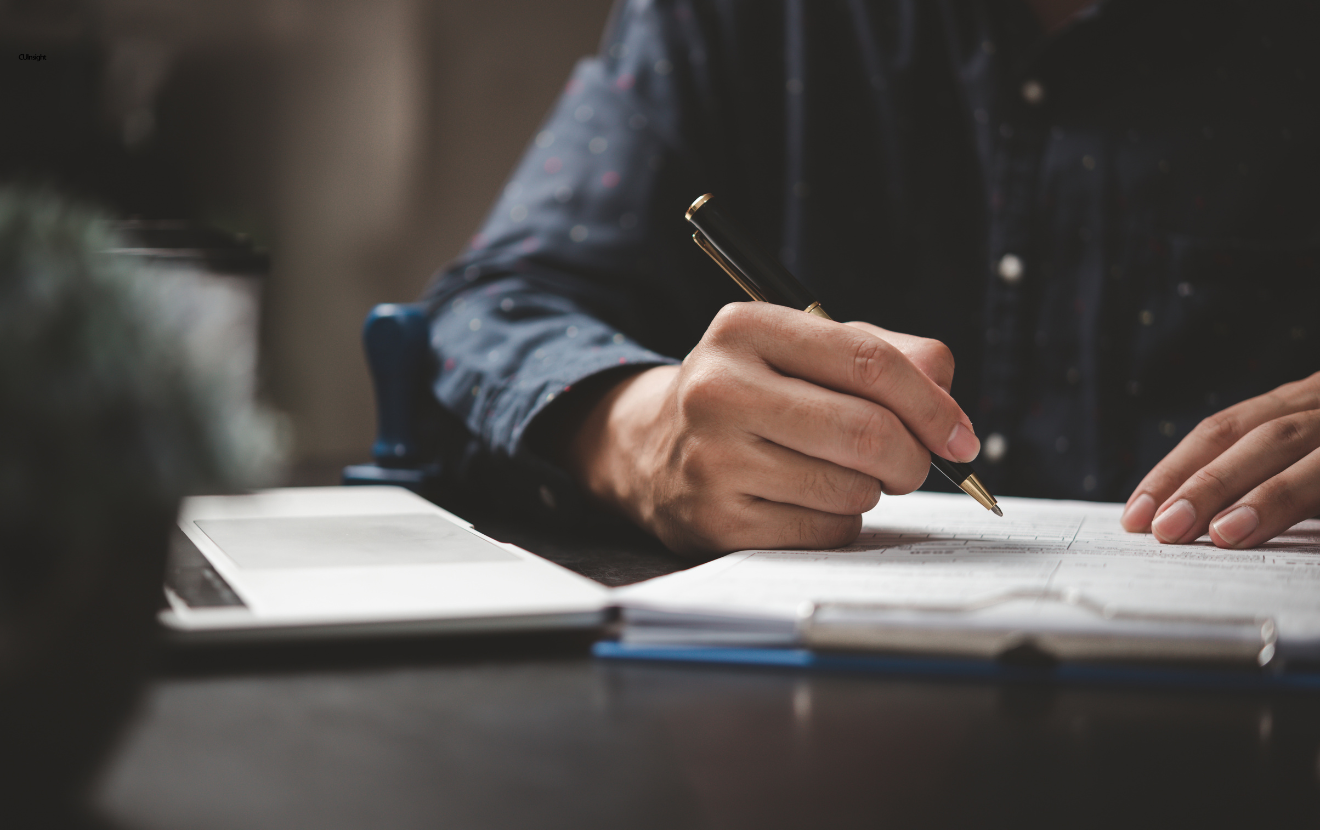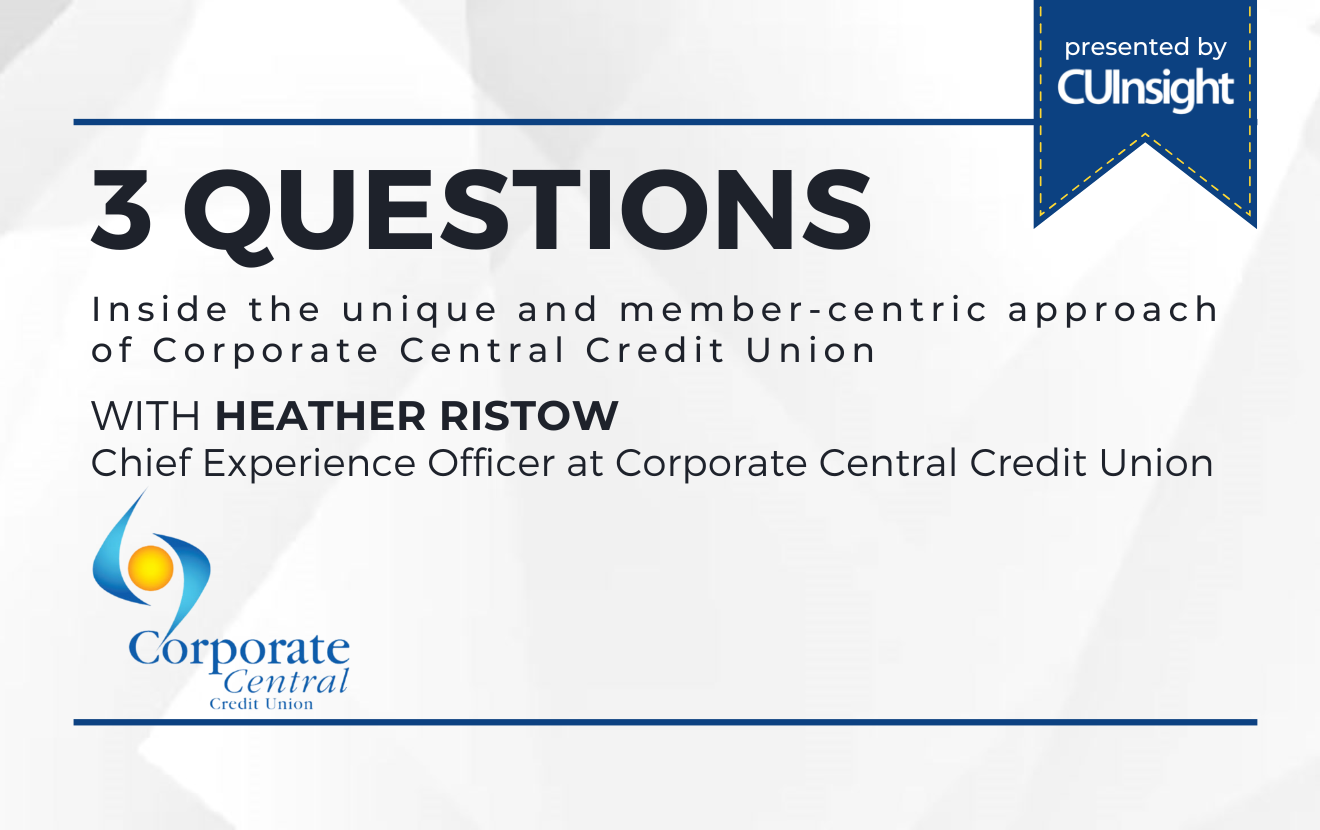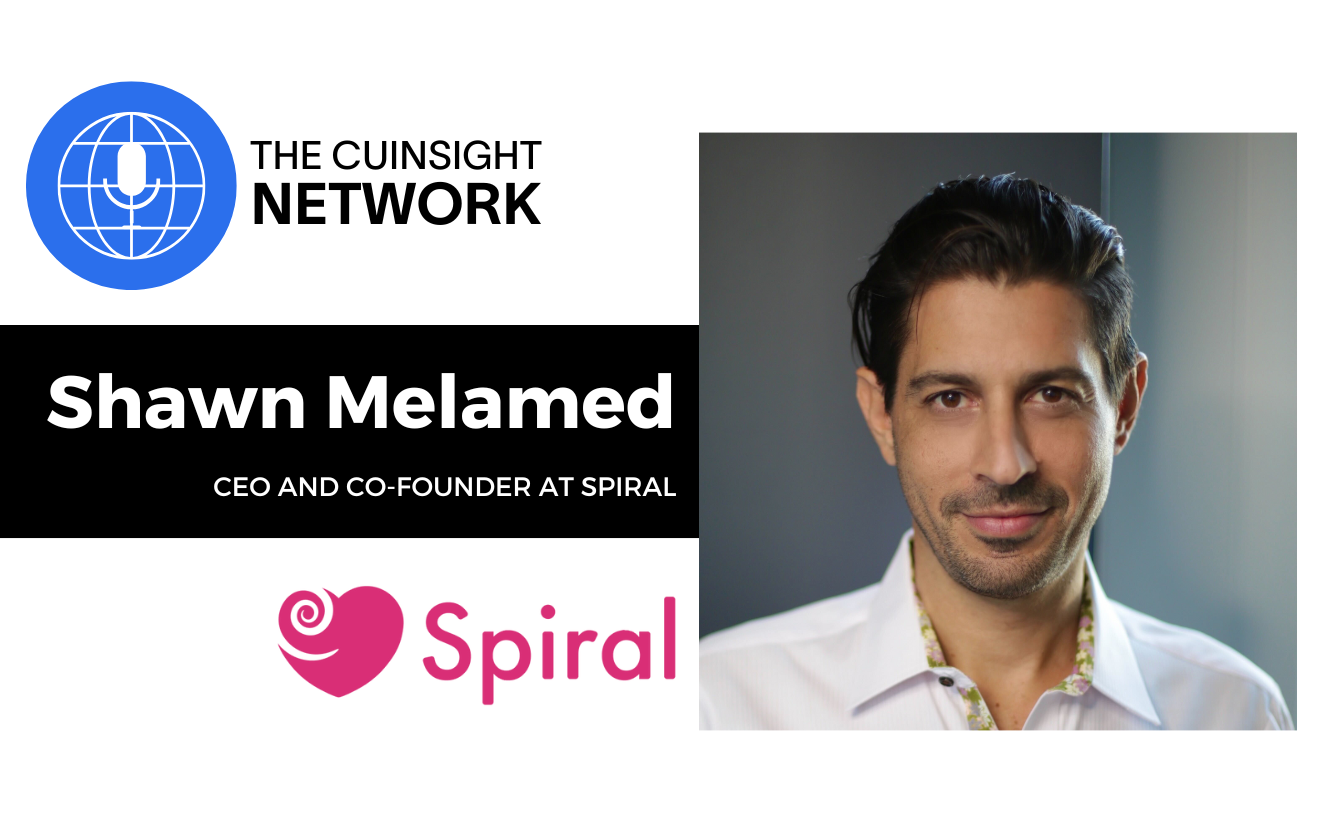by. Valencia Higuera
If you’re living paycheck-to-paycheck with little disposable cash,opening a savings accountmight be the last thing on your mind. But even if you can’t set a lot aside each pay period, having a savings account is a crucial aspect of financial planning. Financial experts such as Suze Orman and Jean Chatzky repeatedly drill the importance of having a three- to eight-month safety net.
But as most people quickly discover, saving money is much easier to talk about than practice. Forty-one percent of respondents had less than $500 in theirsavings accounts, and more than half (54 percent) did not have a specific savings strategy in place to help them reach their goals, according to a survey from CreditDonkey.com.Between rising cost of living and the difficulty many have faced in finding employment after a job loss, saving has taken a backseat to paying the mortgage, putting food on the table and keeping the lights on. This is understandable given our present economic condition, but is it financially wise to sacrifice this financial cushion?
Having a little something in savings is always safer than having nothing. And with banks like Wells Fargo and Bank of America offering programs to help you reach your savings goals, now is an excellent time tojump-startyour cash reserve.
Ask These 7 Questions Before Opening a Savings Account
Choosing thebest bank to open a savings accountcan be tricky. Before you make a decision, ask these seven questions.
